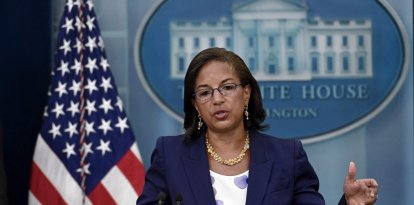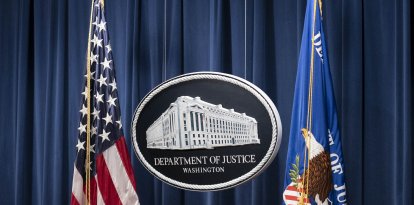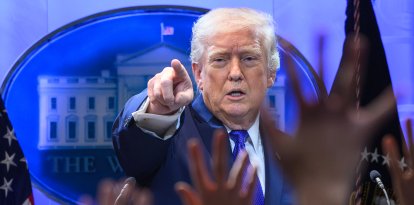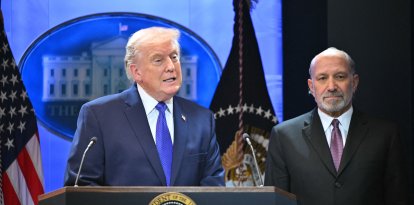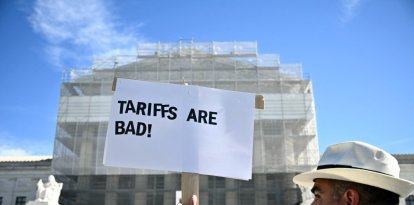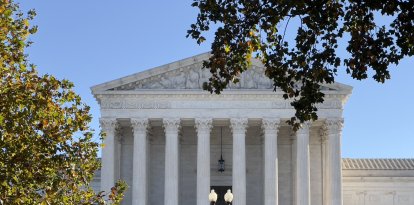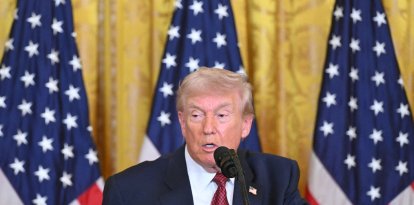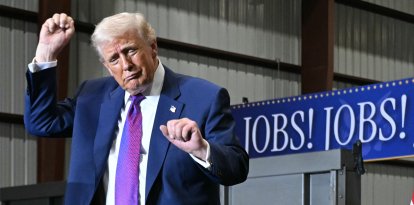Presidential Elections 2024
Resignations and cancellations: Crisis at The Washington Post following the paper's decision not to endorse Kamala Harris
Nearly 8% of the paper's subscribers have canceled their subscriptions. However, the changes appear to be part of Bezos' plan to moderate the newspaper.
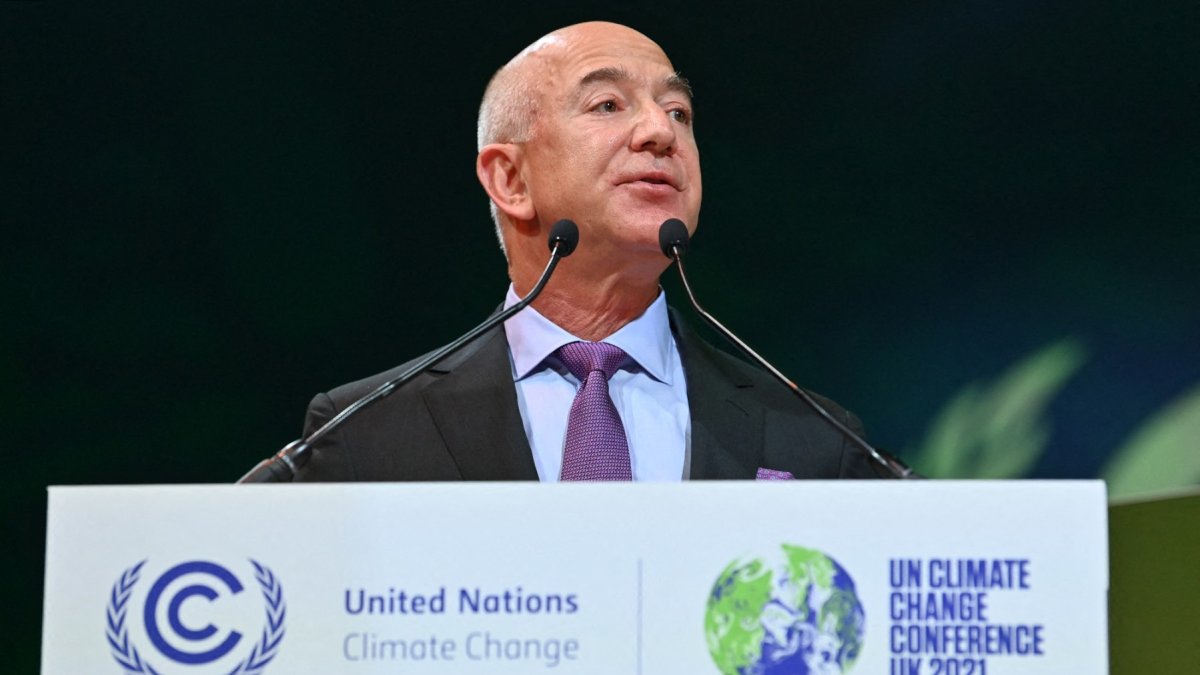
Jeff Bezos in Scotland in 2021. AFP
The Washington Post is in the midst of a major crisis after Jeff Bezos ordered the newspaper not to publish its editorial endorsement of Kamala Harris's candidacy. Instead, the paper's editor, William Lewis, published a column explaining that, from now on, The Post will not endorse any candidate for the presidency.
The decision breaks with a historic tradition of one of America's (and the world's) leading media outlets of publicly endorsing a candidate for the Oval Office. Perhaps most painful for Kamala Harris, is that since 1992, all the candidates endorsed by The Post have been from the Democratic Party.
According to various media reports, the paper's board of editors had already put together its editorial announcing the endorsement of Harris. However, in a decision that Jeff Bezos, the paper's owner and also executive chairman of Amazon, made at the last minute, the editorial remained as a draft.
Bezos' abrupt decision has generated a storm for the newspaper. On Friday, after the decision was made public, editor and columnist Robert Kagan, author of several books, resigned. This Sunday, Michele Norris, NPR anchor, noted author and Post columnist since 2019, did the same.
"It was hard and it was heartbreaking," Norris said of her decision this Sunday in an interview.
Early this Monday, Oct. 28, editorial board member Molly Roberts made a post on X announcing her decision to quit the paper. In it, Roberts says that in the hypothetical case that The Post was a paper with a tradition of "not endorsing" candidates for president, "this would be the election to reverse that position and take a stand."
"That the Washington Post editorial board has been forced to do the opposite dishonors our values," she said.
Roberts stresses that the decision not to support Kamala Harris came was from the paper's owner, Bezos, so she does not blame any of her "colleagues."
"I am resigning from The Post editorial board because the imperative to support Kamala Harris over Donald Trump is about as morally clear as it gets. Worse, our silence is exactly what Donald Trump wants: for the media, for us, to keep quiet," she added.
A few hours later, David Hoffman, who joined The Washington Post in 1982 and just a week ago won a Pulitzer for his work at the paper, resigned from the board.
"I believe we face a very real threat of autocracy in the candidacy of Donald Trump. I find it untenable and unconscionable that we have lost our voice at this perilous moment," Hoffman wrote in a letter to opinion editor David Shipley.
The resignations come amid a sort of uprising by the paper against its owner. Twenty columnists published a statement in The Washington Post saying Bezos' decision was "an abandonment of the fundamental editorial convictions of the newspaper that we love."
Cancellation movement
But the bloodletting has not just been of columnist or editors. Following the decision, a sort of grassroots movement emerged on social media, with users announcing the cancellation of their subscription to The Washington Post. Many of them, voices of the most dogmatic left, joined a boycott against the newspaper.
"After 5 years, I have canceled my subscription to the Washington Post," author Stephen King wrote on X. King is widely known for his hatred of Donald Trump.
Two sources told NPR that, by now, more than 200,000 people have unsubscribed from the paper.
"The figure represents about 8% of the paper's paid circulation of 2.5 million subscribers, which includes print as well. The number of cancellations continued to grow Monday afternoon," reads NPR.
However, all indications are that, rather than a situational decision, what may be happening with the paper is an editorial reshuffle, starting with the decision not to endorse Harris.
According to The New York Post, Jeff Bezos ordered Washington Post management to open the paper's doors to more conservative columnists and writers. With a Donald Trump win imminent, given the polls, Bezos is reportedly looking to align The Post with the sentiment of most Americans.
Likewise, it is notable that another historically anti-Trump industry mogul, Mark Zuckerberg, has not spoken out in this campaign against the former president. In fact, before a congressional hearing, Zuckerberg acknowledged that it was a mistake by his company, Meta, to help suppress Hunter Biden's laptop story during the 2020 election cycle. In the same hearing, Zuckerberg acknowledged that he had caved to pressure from Joe Biden's administration, which he listed as a mistake.
Finally, Zuckerberg has said that today he identifies more with the libertarian stream of thought.
The Washington Post is not the only major left-wing paper to break with a long-standing tradition of supporting Democratic candidates. Last week The Los Angeles Times, one of the most left-leaning major dailies in the country, announced that it would also not endorse any candidate.













